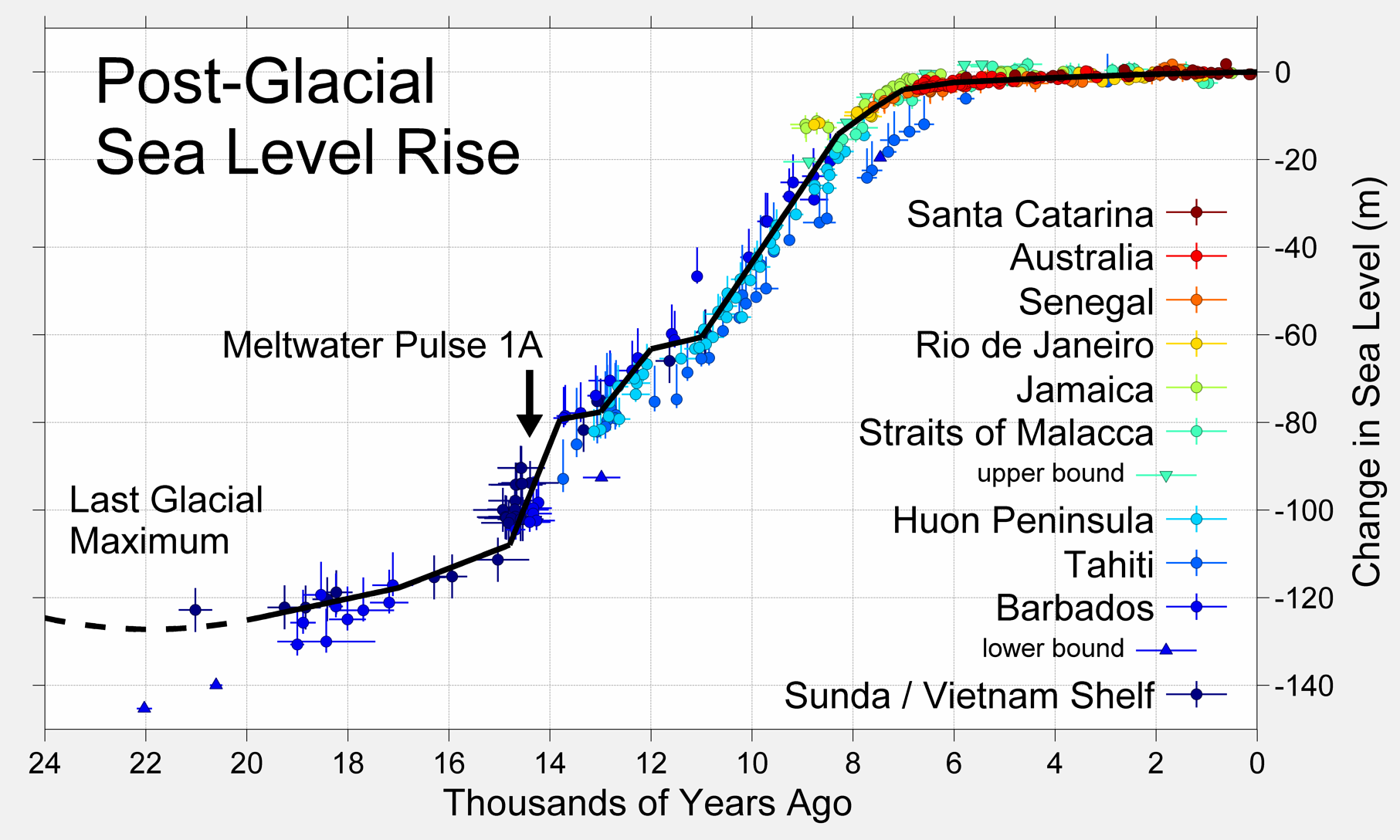experts don't know shit
... especially when it comes to predicting the future, whether they may be experts in economics, climate, or technology. That's why the experts weren't able to predict any of the significant world-changing events like this current financial mess, the financial mess in the 30s, the rise of Hitler, hurricane Katrina, and so forth. Nor can they be expected to predict the next financial crash or boom, long-term climate change, the next Big Thing in technology (or Hollywood), or any other stuff that actually matters.
There's a whole bunch of anecdotal evidence about expert opinion that failed the test of time dismally. Here are just a few examples:
"Who the hell wants to hear actors talk?" -- H. M. Warner, co-founder of Warner Brothers, 1927
"It's a great invention but who would want to use it anyway?" -- Rutherford B. Hayes, U.S. President, after a demonstration of Alexander Bell's telephone, 1876
"By 1985, machines will be capable of doing any work Man can do." -- Herbert A. Simon, of Carnegie Mellon University - considered to be a founder of the field of artificial intelligence - speaking in 1965
"Drill for oil? You mean drill into the ground to try and find oil? You're crazy." -- Associates of Edwin L. Drake refusing his suggestion to drill for oil in 1859
And on an article from Money Magazine:
"Some 25 years ago, Philip Tetlock, 54, a professor of organizational behavior at the Haas Business School at the University of California-Berkeley began an experiment to quantify the forecasting skill of political experts.
By the time he finished in 2003, Tetlock had signed up nearly 300 academics, economists, policymakers and journalists and mapped more than 82,000 forecasts against real-world outcomes, analyzing not just what the experts said but how they thought: how quickly they embraced contrary evidence, for example, or reacted when they were wrong. And wrong they usually were, barely beating out a random forecast generator."

There's a whole bunch of anecdotal evidence about expert opinion that failed the test of time dismally. Here are just a few examples:
"Who the hell wants to hear actors talk?" -- H. M. Warner, co-founder of Warner Brothers, 1927
"It's a great invention but who would want to use it anyway?" -- Rutherford B. Hayes, U.S. President, after a demonstration of Alexander Bell's telephone, 1876
"By 1985, machines will be capable of doing any work Man can do." -- Herbert A. Simon, of Carnegie Mellon University - considered to be a founder of the field of artificial intelligence - speaking in 1965
"Drill for oil? You mean drill into the ground to try and find oil? You're crazy." -- Associates of Edwin L. Drake refusing his suggestion to drill for oil in 1859
And on an article from Money Magazine:
"Some 25 years ago, Philip Tetlock, 54, a professor of organizational behavior at the Haas Business School at the University of California-Berkeley began an experiment to quantify the forecasting skill of political experts.
By the time he finished in 2003, Tetlock had signed up nearly 300 academics, economists, policymakers and journalists and mapped more than 82,000 forecasts against real-world outcomes, analyzing not just what the experts said but how they thought: how quickly they embraced contrary evidence, for example, or reacted when they were wrong. And wrong they usually were, barely beating out a random forecast generator."





